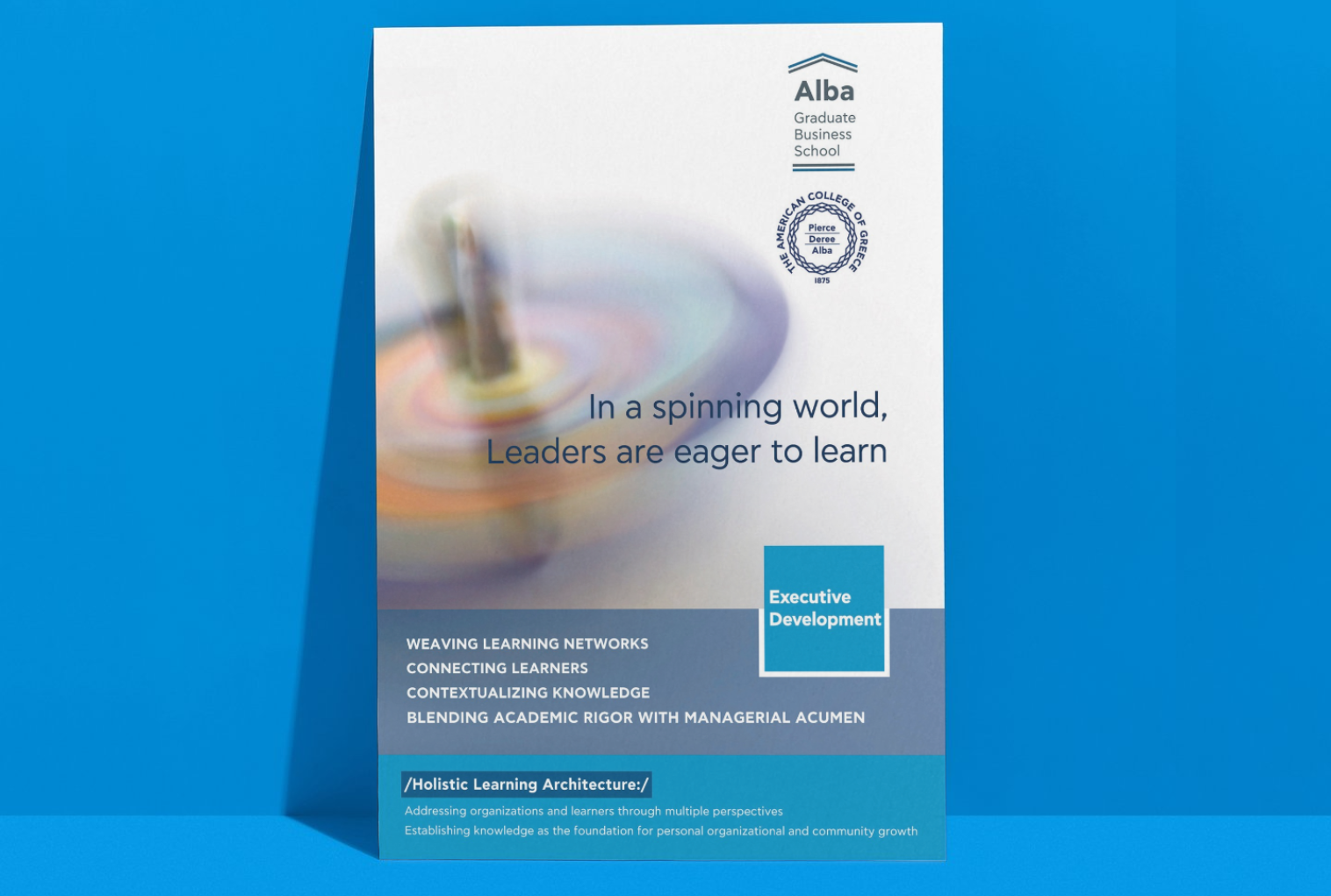Generative AI Revolution: Balancing Promise and Caution in the Age of Automation

In a world facing unpredictable risks, from pandemics to geopolitical tensions and environmental crises, pivotal 21st-century transformations are unfolding. From the aftermath of the Ukraine conflict to the growing green transition and technological advancements, change is in the air. At the 27th Annual Economist Government Roundtable, themed "The great transition: geopolitics, environment, technology," which took place in Athens on October 24th-26th, 2023, at the Grand Resort Lagonissi, high-ranking government officials and prominent figures engaged in a meaningful dialogue about these pressing issues.
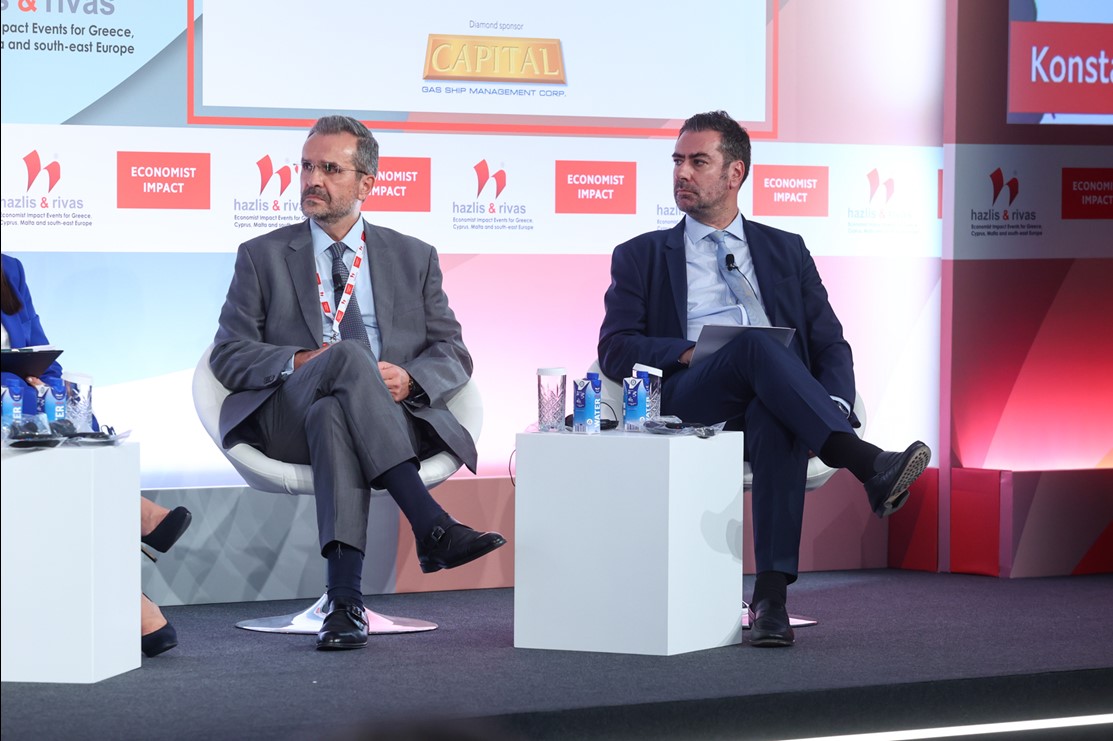
Amongst the invited luminaries was Dr. Kostas Axarloglou, who participated in an in-depth conversation entitled “Everaging Technology & AI for Societal Benefits,” alongside distinguished panelists including Konstantinos Kyranakis, deputy minister of digital governance, Greece, Αnny Chatzikonstantinou, managing partner, Greece & Cyprus, Boyden and John Georgoulas, non-executive director, ECOMMBX
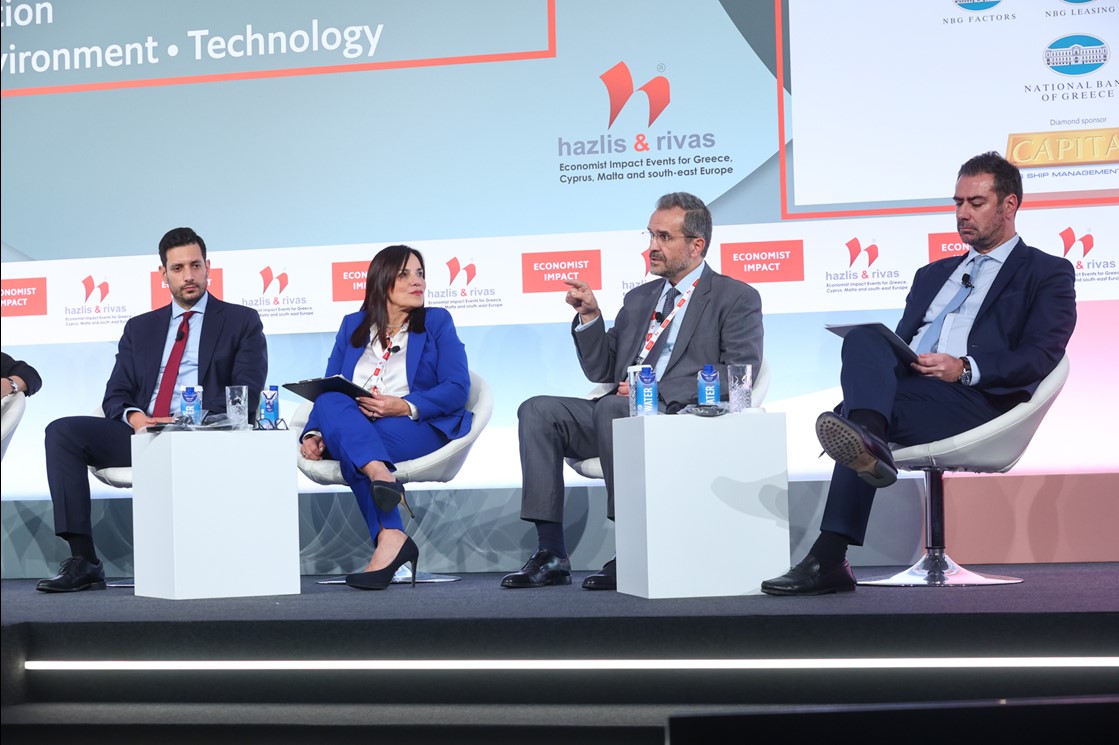
Kicking off his speech, Dr. Axarloglou emphasized the distinction between machines and Artificial Intelligence (AI), highlighting that machines automate "doing" tasks, while AI extends its capabilities to automate "thinking." He stressed the significant role of Generative AI, which utilizes vast data to generate content and innovate novel methods, potentially revolutionizing the AI field. Dr. Axarloglou also cautioned against overestimating short-term tech effects while underestimating long-term impact, referencing futurist Roy Amara's wisdom.

The banking industry, Dr. Axarloglou noted, stands to benefit significantly, with the potential to add an extra $200 billion to $340 billion in annual revenues. In the retail and consumer sectors, revenue impacts are expected to range from $400 billion to $660 billion annually. Dr. Axarloglou recognized Europe's strategic position in this revolution, underscoring its unique blend of languages and cultures, rich science and tech talent pool, robust manufacturing and services sectors, and well-established intellectual property regulations.
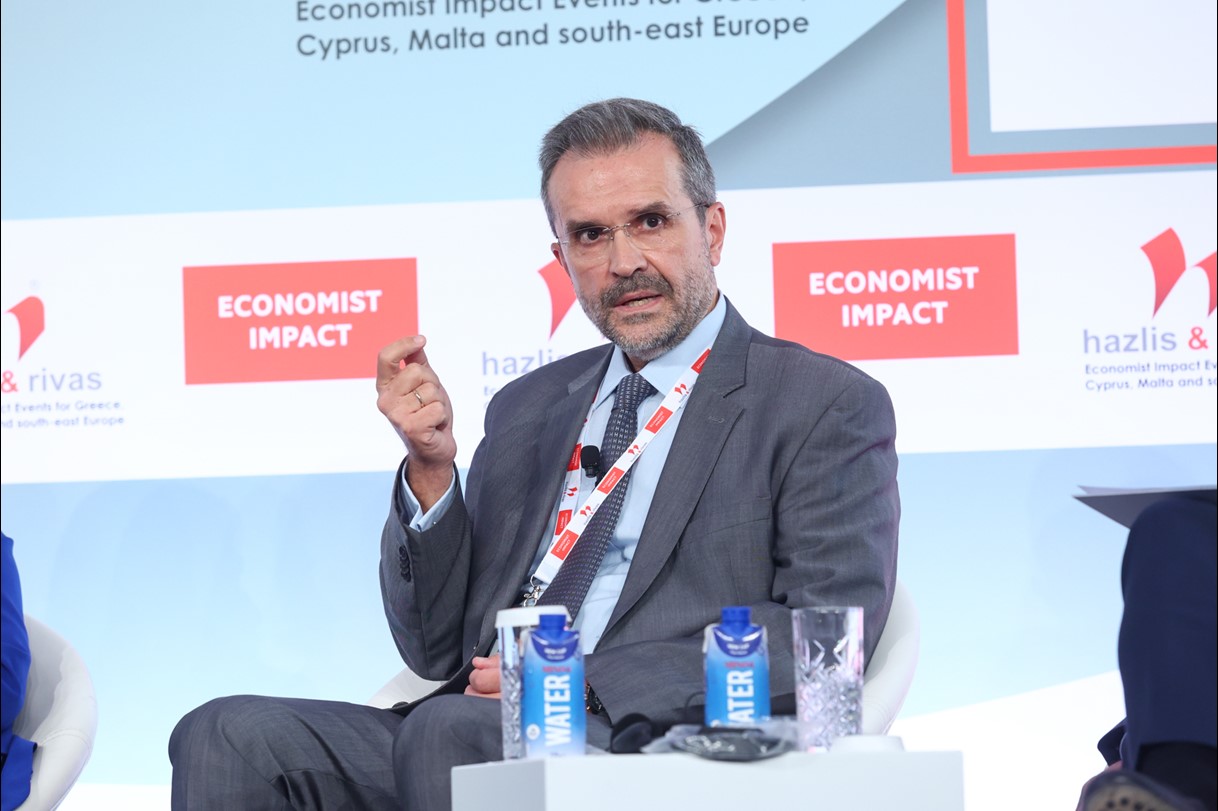
While acknowledging the enthusiasm surrounding AI, Dr. Axarloglou advocated for a more balanced approach. He encouraged companies to adopt "organized skepticism" rooted in rigorous and scientific reasoning to assess AI's evolution and impact, rather than attempting to predict it. However, amid all the excitement surrounding AI, the "fear of missing out" has led companies to overinvest, often inefficiently, in new AI technologies. The more prudent approach is to adopt "organized skepticism," employing rigorous and scientific reasoning to evaluate the impact of AI's evolution rather than attempting to predict it.
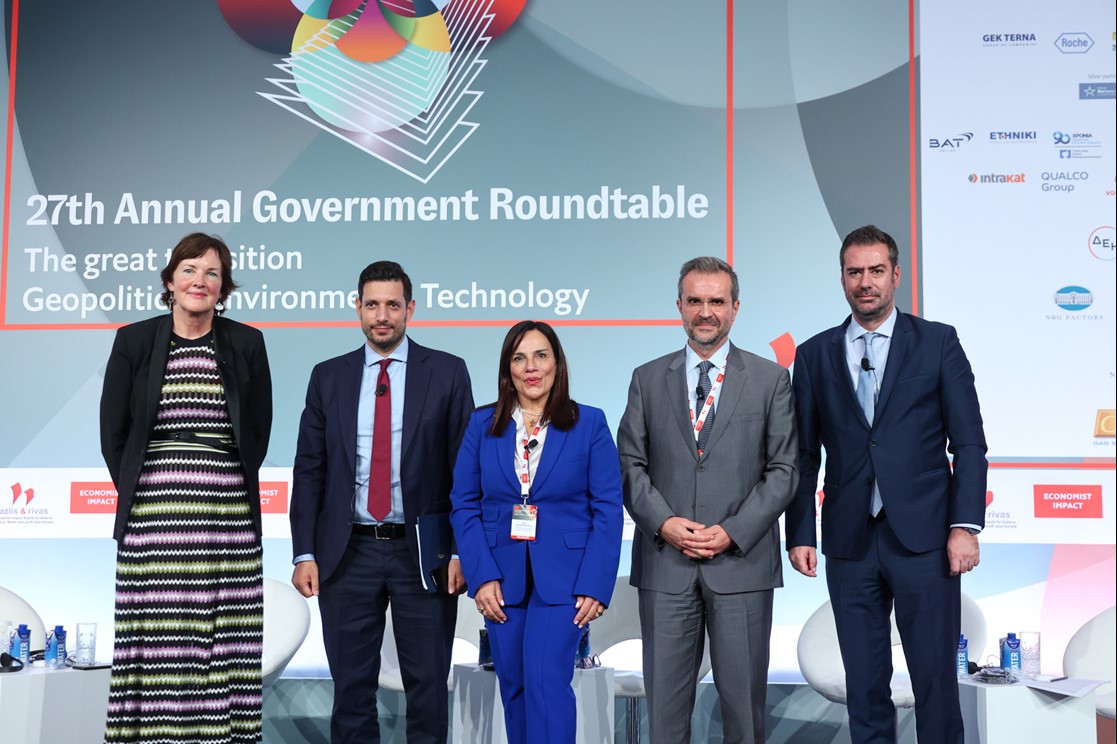
In conclusion, Dr. Axarloglou emphasized two fundamental takeaways for companies in how to navigate this rapidly evolving AI landscape:
- Focus on "What do we know" and "What is the evidence" of AI technologies, relying on concrete information.
- Cultivate agility, adaptability, and a continuous learning mindset to navigate the unpredictable evolution of AI technologies effectively.
In the age of Generative AI, the balance between promise and caution is the key to harnessing its potential while mitigating risks. Only with a clear understanding of what is known and a commitment to evidence-based evaluation can businesses thrive in this rapidly changing landscape.
Watch Dr. Axarloglou's speech below:


